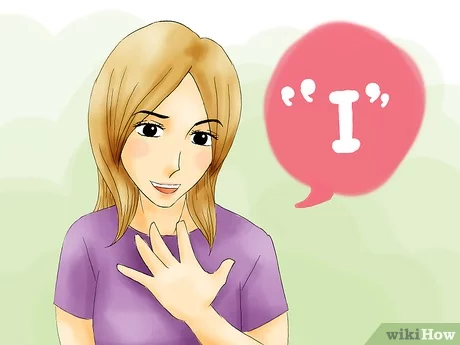
“Do you want to eat something?” asked my friend after we were done shopping in a mall. “Umm…only if you are eating,” I replied casually. Don’t know whether we ate or not but certainly remember my reply, which is standard for most questions.
“What do you want to watch on Netflix?” asks someone. “Whatever you do,” comes my conditioned reply.
“Do you want to have tea now?” question. “No, will have when everyone is having,” I blurt. “What will you like to have for lunch?” question. “Anything you like,” my same answer.
It took me 40 years to realise all my conditioned answers were due to my lack of decisiveness that spiralled into my lack of assertiveness.
My shy nature added to the problem. Though I don’t blame my 20-year-old self for being unsure or unassertive, as you are not supposed to be in control all the time ( another learning that takes time). When you are young, at the brink of finding new colleges, jobs, relationships, you don’t want to sound too different for the fear of offending bosses, colleagues, prospective employers, parents, friends and neighbours.
It was only when I reached the University, I realised my meekness. In my effort to be the obedient child, I stopped thinking for myself. Studies say most of the eldest kids in the family are so, unassertive.
Gradually, as I grew in years, I started to assert myself. First meekly, then aggressively. But one thing that I still haven’t learnt is how to do so without guilt.
If I assert my choice, I feel bad for letting the other person down. If I don’t assert, I feel bad for myself. The struggle is real.
What I do now? I assert myself if I feel I am being used, I let go if it’s a one- time thing, and don’t affect my peace of mind. I found the middle way. It may not always be the ideal choice, but works. The only question that still haunts is, is it my fault if my assertiveness hurts others? When my intent is to not offend anyone but genuinely say what I feel. Especially when I am being accused of thinking a certain way, which is my “correct” way of thinking.